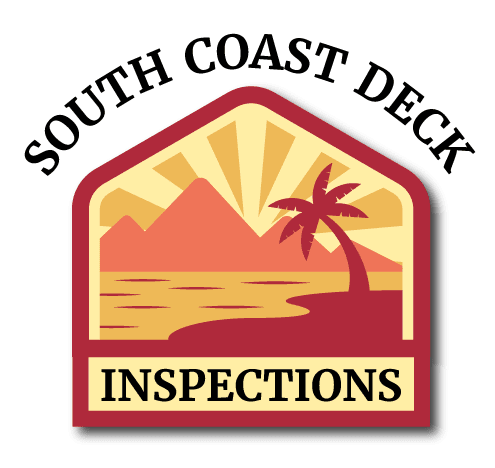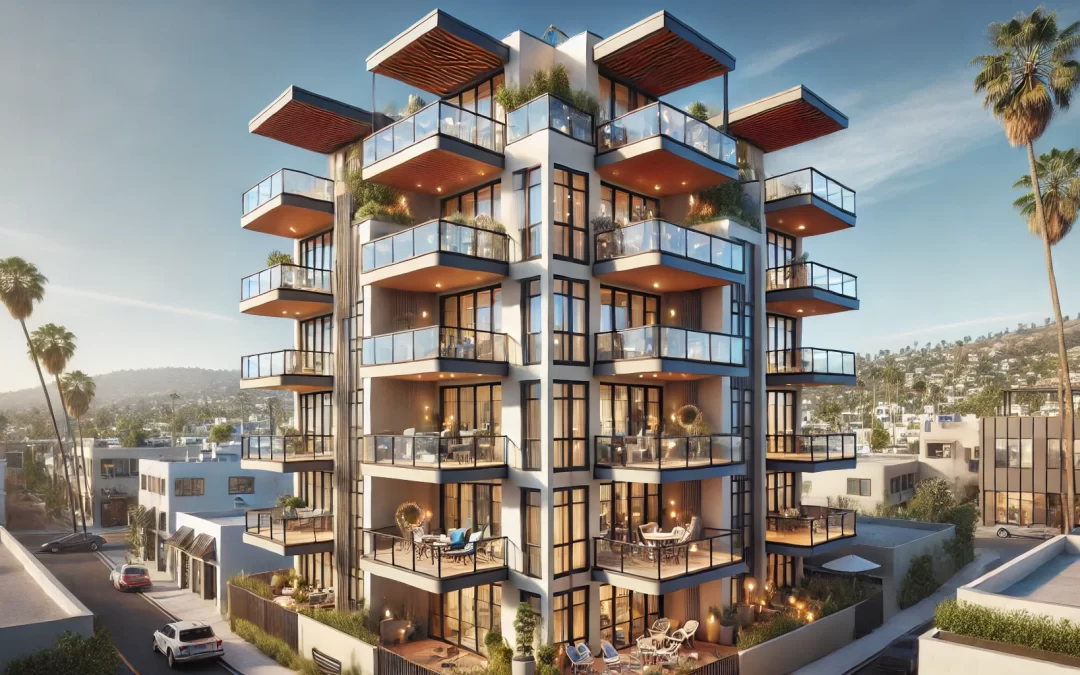Essential Inspections for Exterior Elevated Elements in Irvine, California: A Comprehensive Guide
In Irvine, California, maintaining the integrity of exterior elevated elements such as balconies, decks, and staircases is crucial for ensuring safety and preserving property value. These structures face unique challenges due to Irvine’s climate, which combines warm temperatures with occasional rainfall. Regular inspections are essential to address these challenges and prevent potential issues before they become serious problems.
Understanding the Importance of Inspections
Exterior elevated elements are exposed to the elements, which can lead to a range of issues if not properly monitored and maintained. In Irvine, where temperatures can fluctuate and occasional rain can impact these structures, inspections play a vital role in:
- Ensuring Safety: Elevated elements must be structurally sound to prevent accidents. Inspections help identify and address issues such as loose railings, weakened supports, or deteriorated surfaces that could pose safety hazards.
- Detecting Damage Early: Regular inspections allow for the early detection of problems like wood rot, rust, or structural weaknesses. Addressing these issues promptly can prevent more extensive damage and costly repairs.
- Meeting Compliance Requirements: Inspections help ensure that exterior elevated elements comply with local building codes and safety standards, which is essential for legal compliance and maintaining property value.
- Enhancing Property Value: Well-maintained and regularly inspected structures contribute to the overall appeal and value of the property. Prospective tenants or buyers often look for properties with a solid maintenance record.
Inspection Best Practices
To effectively manage and maintain exterior elevated elements in Irvine, consider the following best practices for inspections:
- Schedule Regular Inspections: Arrange for inspections at least annually. More frequent inspections may be necessary if the structures are subject to heavy use or significant weather exposure.
- Hire Qualified Inspectors: Engage professionals who specialize in inspecting exterior elevated elements. Their expertise ensures a thorough evaluation of the structures, including assessing structural integrity, safety, and compliance.
- Examine All Components: Ensure that inspections cover all aspects of the elevated elements, including supports, railings, decking, and connections. Each component should be assessed for signs of wear, damage, or potential failure.
- Document Findings: Keep detailed records of each inspection, noting any issues found and the actions taken to address them. This documentation is valuable for tracking the condition of the elements and planning future maintenance.
- Address Issues Promptly: Act on any findings from inspections as soon as possible. Timely repairs and maintenance can prevent minor issues from escalating into major problems.
Common Issues Identified in Inspections
During inspections, several common issues may be identified:
- Wood Rot: Moisture exposure can lead to wood rot, weakening the structural integrity of wooden components. Proper sealing and maintenance can help prevent rot, but inspections are necessary to catch it early.
- Rust and Corrosion: Metal components, such as railings and supports, are susceptible to rust and corrosion. Inspectors will check for signs of damage and recommend treatments to prevent further deterioration.
- Loose or Wobbly Railings: Railings that are not securely fastened can pose serious safety risks. Inspections help ensure that railings are properly anchored and in good condition.
- Cracked or Splintered Decking: Decking materials may develop cracks or splinters over time, which can be hazardous. Inspections help identify these issues and recommend repairs or replacements as needed.
The Benefits of Regular Inspections
Regular inspections of exterior elevated elements offer several benefits:
- Enhanced Safety: By identifying and addressing potential hazards early, inspections contribute to a safer environment for residents and visitors.
- Cost Savings: Preventative maintenance and early repairs can reduce the need for costly major repairs or replacements.
- Improved Property Management: Consistent inspections and maintenance help property managers maintain a positive reputation and ensure tenant satisfaction.
- Legal and Insurance Compliance: Regular inspections help ensure compliance with local building codes and insurance requirements, reducing the risk of legal issues and insurance claims.
Conclusion
In Irvine, California, the regular inspection of exterior elevated elements is a crucial practice for ensuring safety, maintaining property value, and complying with legal standards. By scheduling routine inspections, hiring qualified professionals, and addressing issues promptly, property managers can effectively manage these structures and provide a safe and attractive environment for residents.
For expert inspection services and advice on maintaining your exterior elevated elements, contact South Coast Deck Inspections. Investing in regular inspections today will help safeguard your property and ensure long-term durability and safety.

